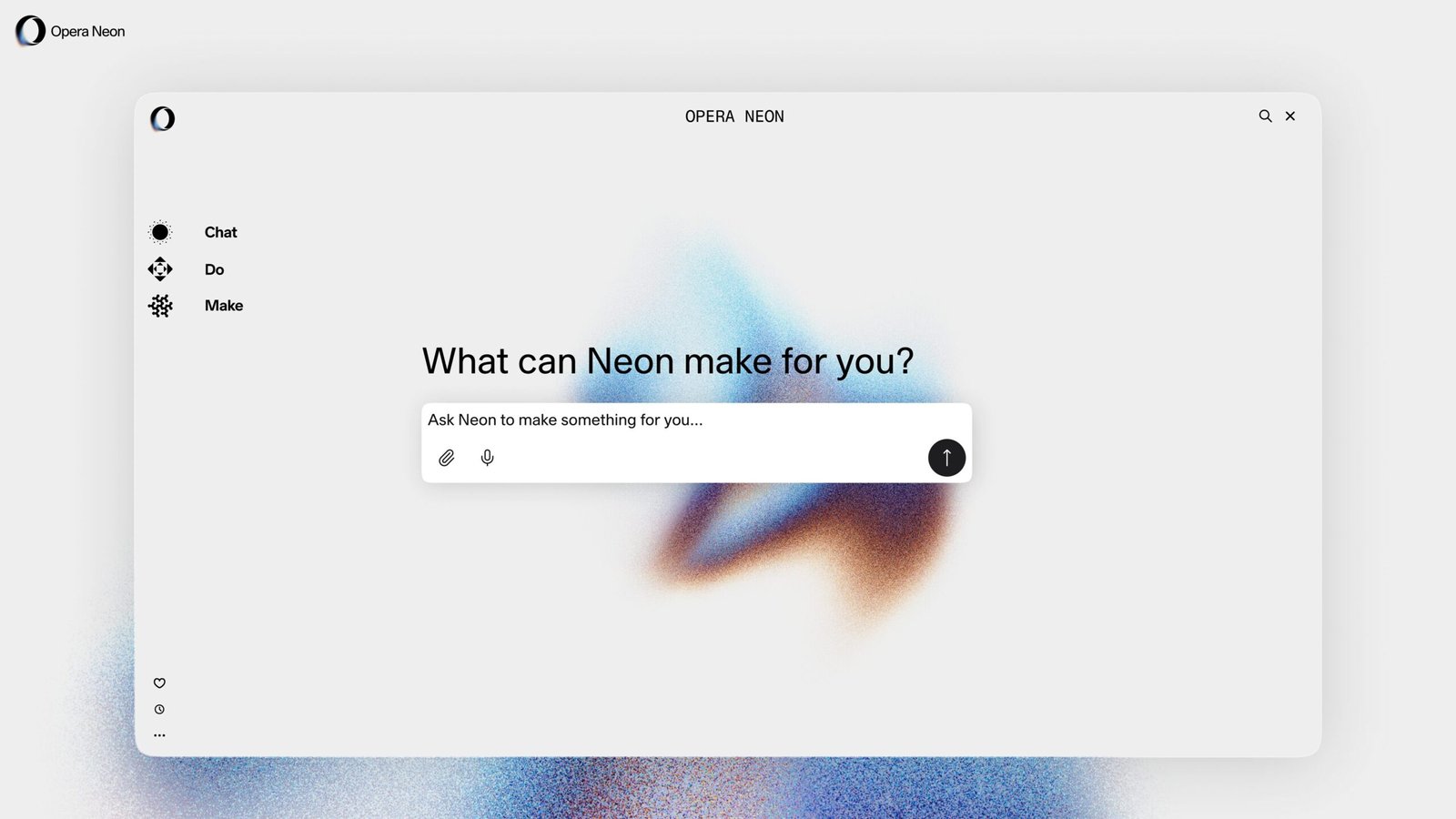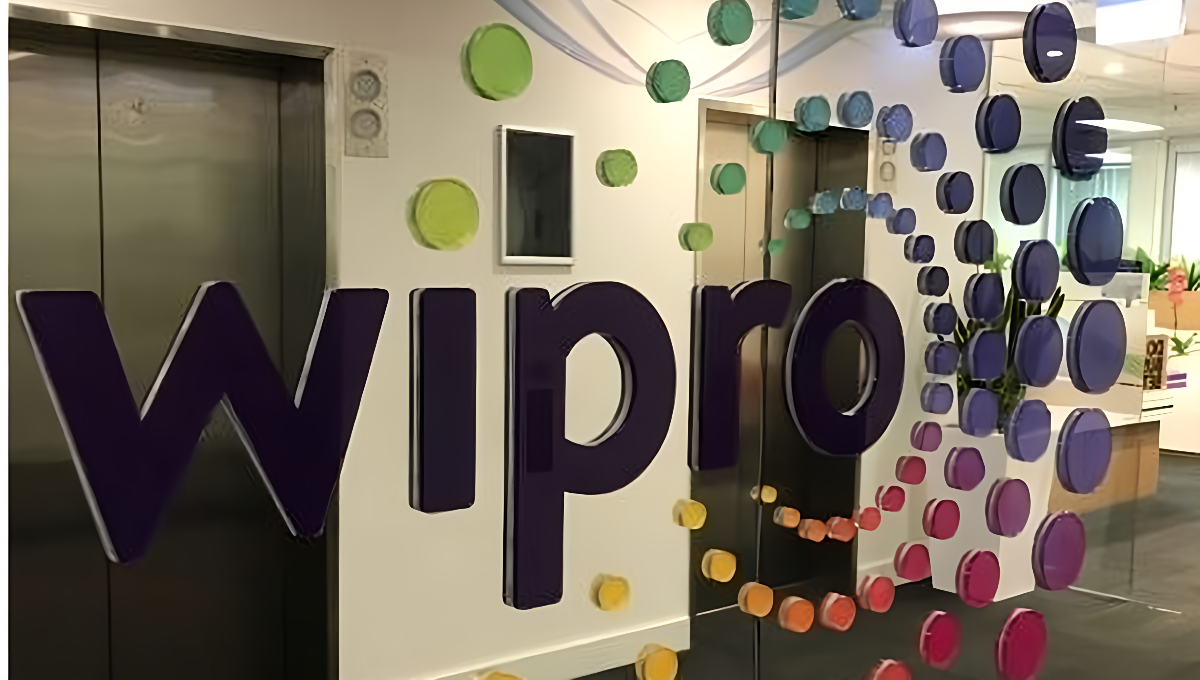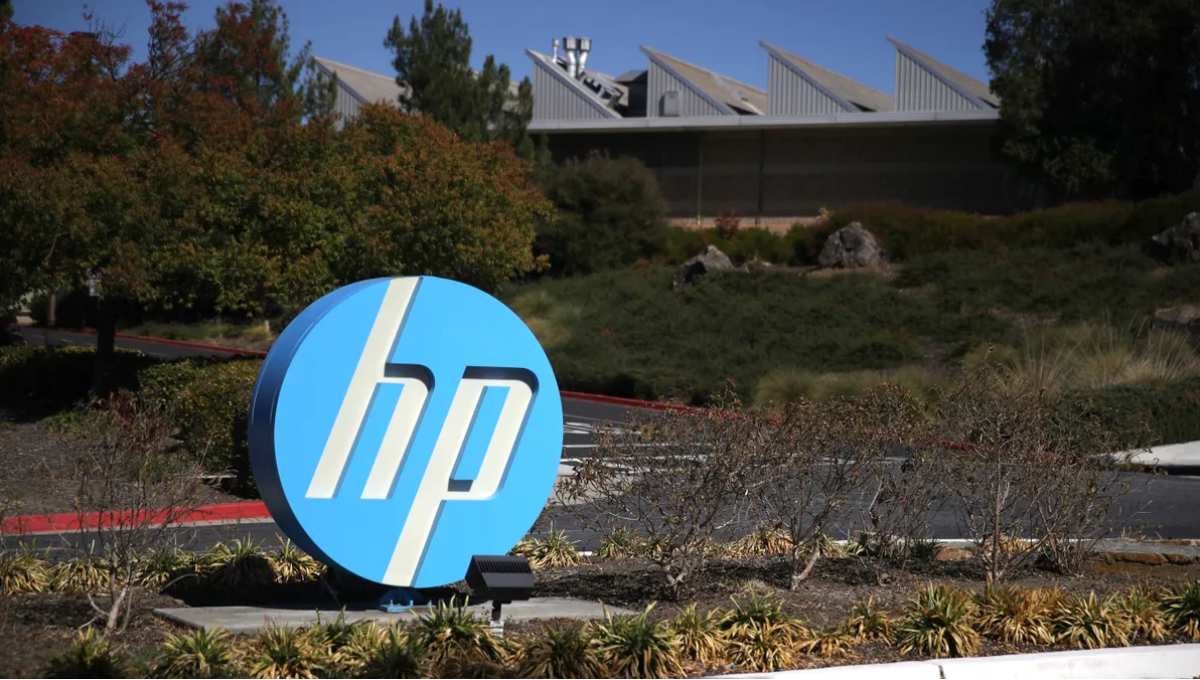Opera has introduced a new browser called Neon, designed with a strong focus on AI. It’s part of a growing wave of experimental, AI-driven browsers, joining efforts by companies like Perplexity and The Browser Company. Initially announced in May and previously available only through a closed preview, Neon is now opening up to more users, though access will be limited to those who receive invites and are willing to pay a $19.99 monthly fee.
The browser is aimed at users who rely heavily on AI in their daily routines. According to Opera’s EVP of Browsers, Krystian Kolondra, Neon was created not just for the public but also for the team themselves — people who deeply integrate AI into their workflows.
At its core, Neon includes a conversational AI chatbot for answering questions, but it also introduces more advanced features. One standout tool is “Neon Do,” which acts more like an AI assistant, capable of performing tasks for you. For example, it can read a blog post and automatically share a summary to a Slack channel. Because the browser has access to your browsing context, you can also ask it to retrieve information from content you interacted with in the past, like a YouTube video or an article you viewed.
Another feature allows users to generate code snippets, which can be useful for making visual reports that include tables and charts. It’s unclear for now whether these mini-tools or apps can be shared with others.
Neon also includes a system called Cards, which are customizable and reusable prompt templates — similar to Dia’s Skills feature. These let users string together different actions or commands, almost like building a workflow in an app like IFTTT. For example, a combination of cards could be used to compare product details across different tabs. Users can build their own cards or use ones shared by the community.
To help manage tabs and AI interactions more effectively, Neon introduces “Tasks,” which are isolated workspaces containing groups of tabs and their related AI chats. This approach blends elements of traditional tab grouping with more modern workspace systems, such as those seen in Arc Browser.
In promotional demos, Opera has shown Neon performing complex tasks like ordering groceries, though it remains to be seen how well such features will perform in real-world use — as AI demos often overpromise.
With this release, Opera is stepping into a competitive space, going up against tools like Comet from Perplexity and Dia from The Browser Company. While larger players like Google and Microsoft are also packing more AI into their browsers, Opera is carving out a niche by targeting power users who are willing to pay for deeper AI integration.
Also Read:
OpenAI takes on Amazon and Google with its new agentic shopping shopping system`
OpenAI Rolls Out Safety Routing System and Parental Controls On ChatGPT









